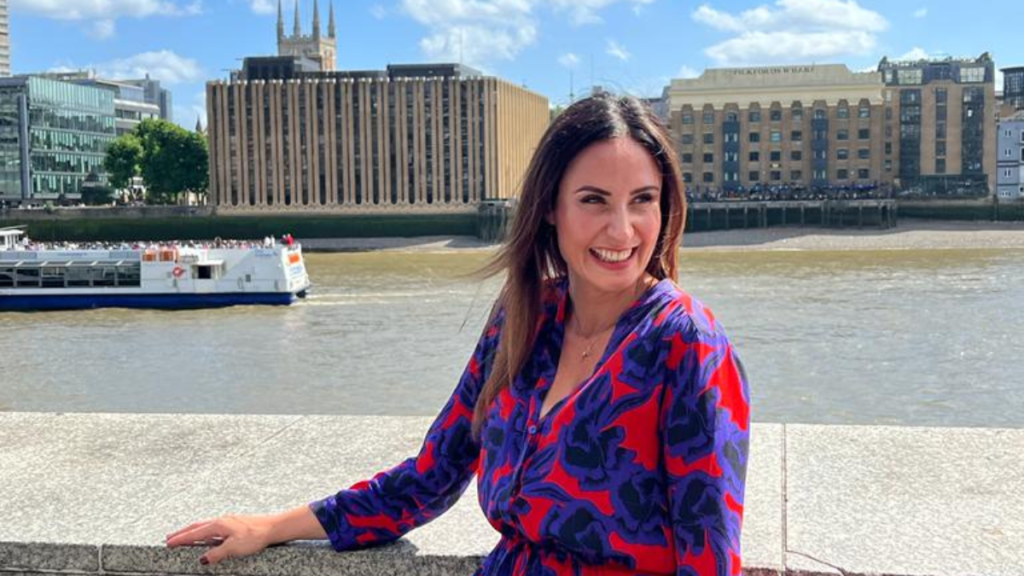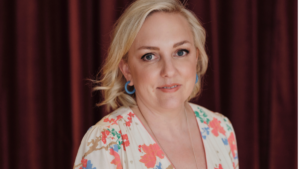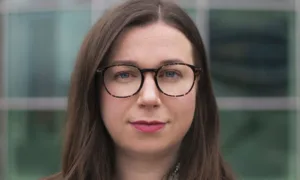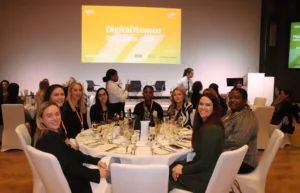NDA’s Digital Women series is talking to leaders from across our industry to understand the particular issues faced by women. In this piece, we talk to Ella Kerr-McCutcheon of mediarithmics
What are the biggest challenges, and opportunities for women in the digital industry today?
I think the most significant challenges relate to under-representation, particularly at management levels. As commercial sectors in general, the digital industry has been traditionally male-dominated bringing with it all the attendant stereotypical misconceptions of women’s abilities and place within the industry.
Thankfully, attitudes are changing and affording more opportunities for women. More women are putting themselves forward for leading roles, and, in turn, influencing and supporting the drive to bring other women to the industry. Having more women at the top tables and developing strong networks, results in more women being empowered to call out and eliminate the overt and covert chauvinistic behaviours which are so detrimental to women’s well-being in the workplace. We also have an increasing number of dedicated male allies who aren’t afraid to take a stand too – even when we aren’t in the room. I have been fortunate to be part of The Bloom Exchange Programme which is an initiative to link female Bloom members with a senior male representative from media and communications’ organisations, to discuss actions to ensure our industry becomes more inclusive. Each year more men sign up and commit to the mission, demonstrating that many men acknowledge the issues and want to be part of the solution.
What does the industry need to do to better champion women?
The industry needs to give women access to more confidence training and mentorship. Countless studies have shown that many women have the skills, but lack the confidence, to apply for leading positions, which isn’t surprising when we are still holding up a very male image of what a digital leader should look like. The media agencies have committed to investing and promoting their female digital talent but, on the publishing, broadcasting and technology side, there is still a lot of work to do. Last year, nearly every senior representative from a publisher or broadcaster or Adtech provider on the leading industry panels was male. Event organisers are doing a great job at making sure panels are diverse but I believe we need to shine a light on why there aren’t more women in leading commercial roles. Companies like Captify have shown that placing women in senior leading commercial roles really does impact positively on business success.
What support structures and organisations are most and effective to you as a woman in the digital industry?
Organisations like Digital Leading Ladies and Bloom are creating what men in our industry have known for years “It’s all about your network”. There are highly experienced women who are passionate about helping more women to thrive within the industry and I have had the invaluable opportunity to have so many women from Digital Leading Ladies take time out, from juggling incredibly successful careers with child care responsibilities, to mentor and coach me. They have motivated me through some very challenging times to overcome difficulties and move forward with increasing confidence.
Bloom is an incredibly powerful organisation too, particularly Bloom in Colour, which is a safe space for women of colour and their allies to come together to address the many additional challenges that women of colour face in our industry. The legacy culture of digital media has been hard for women in general but, for women of colour, it is significantly more so, as they are faced with the institutional racism that is still frustratingly present in the advertising industry and society as a whole. Bloom in Colour have hosted panels where women of colour are given a platform to speak openly about their experiences so that, as an industry, we can learn and strive to become more inclusive. Maria McDowell is doing great things too with Lollipop, matching mid-level black women in media with a mentor. She has so many inspiring young women in her network.
What is your biggest achievement in digital to date?
I consider my time at Archant, circa 2012, as part of the Digital Transformation Team, where I realised some of my greatest achievements. Having had an Arts-focussed background, I did not consider myself as “mathematically-minded” but, thanks to some great mentors and champions, I was given the opportunity to realise that, to succeed in digital media, you don’t have to be. I was asked to help increase digital revenues across London, Hertfordshire, Kent and Cambridge. I spent weeks travelling all over London and the home counties (while pregnant) to go out with the sales reps and teach them how to sell digital ads. I was fortunate to meet some of the most dedicated sales reps who had developed incredible client relationships. Many of the women I worked with were over 40: some had left school at 16 and had been selling print ads for most of their working lives. Many were scared of what digital represented, as they felt it signalled the end of their careers. I was able to help many of these women overcome their fears by guiding them through the essentials needed, and helping them to recognise that their skills in building client trust, were just as valuable as knowing how to explain a CPM, CPA or Google Search Ad. It was incredibly rewarding to see their confidence burgeon when they were able to sell digital ads to their customers and, with the help of other managers, we were able to increase digital revenues by 30%.
It is because of my experience in local media that I passionately believe that organisations such as Digi Learning and Brixton Finishing School are vital to helping fill the talent gap that we are seeing at the entry level to the digital media industry. You don’t need to have attended university; come from a white privileged background; or be under 25 to excel in digital media: you just need enthusiasm to learn and great mentors who believe in you.









